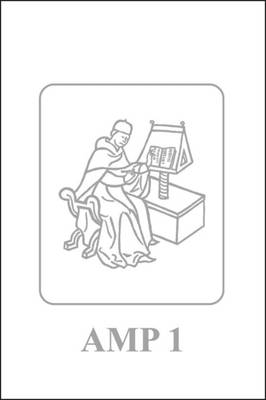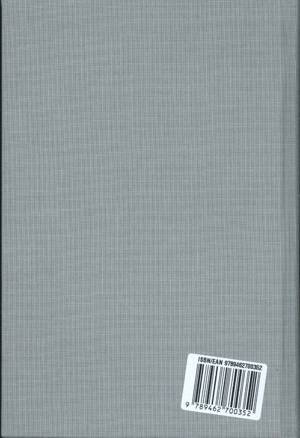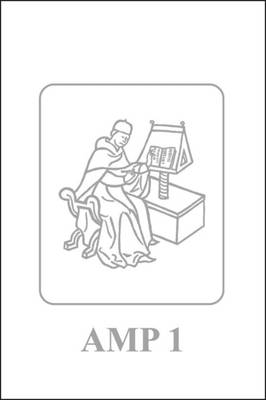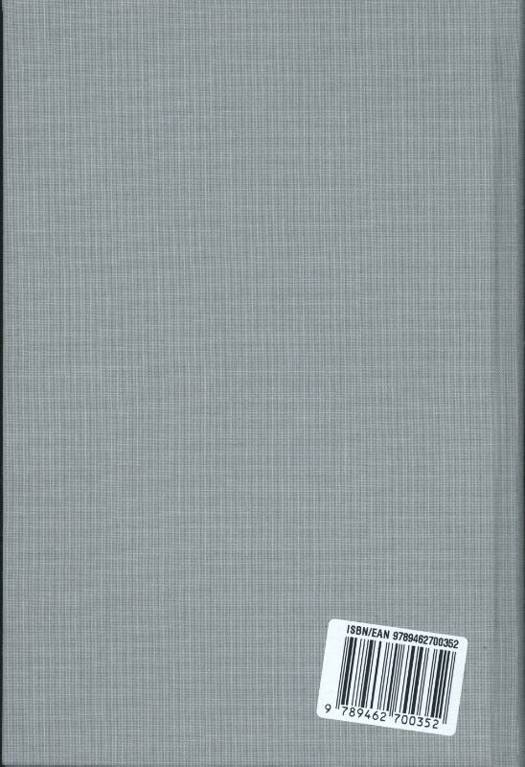
- Retrait gratuit dans votre magasin Club
- 7.000.000 titres dans notre catalogue
- Payer en toute sécurité
- Toujours un magasin près de chez vous
- Retrait gratuit dans votre magasin Club
- 7.000.0000 titres dans notre catalogue
- Payer en toute sécurité
- Toujours un magasin près de chez vous


Description
This work of Scotist metaphysics is an investigation into the ultimate constitution of things. In the course of this treatise, Petrus Thomae examines whether the essences of things ultimately depend on being thought of by God for their very intelligibility or whether they have it of themselves. Defending in detail the second option, Peter argues that creatures exist independently of the divine intellect in the divine essence. They enjoy real, eternal being in the divine essence and objective being in the divine mind. Aware that these views conflicted with his belief in the Christian doctrine of creation, Peter labored to alleviate the conflict with a theory of noncausal dependence, according to which even if God did not cause creatures to be in the divine essence, nevertheless they are necessary correlatives of the divine essence.
Spécifications
Parties prenantes
- Auteur(s) :
- Editeur:
Contenu
- Nombre de pages :
- 280
- Langue:
- Néerlandais
- Collection :
- Tome:
- n° 52
Caractéristiques
- EAN:
- 9789462700352
- Date de parution :
- 07-07-15
- Format:
- Livre relié
- Format numérique:
- Linnen over kaft
- Dimensions :
- 160 mm x 240 mm
- Poids :
- 760 g

Les avis
Nous publions uniquement les avis qui respectent les conditions requises. Consultez nos conditions pour les avis.







